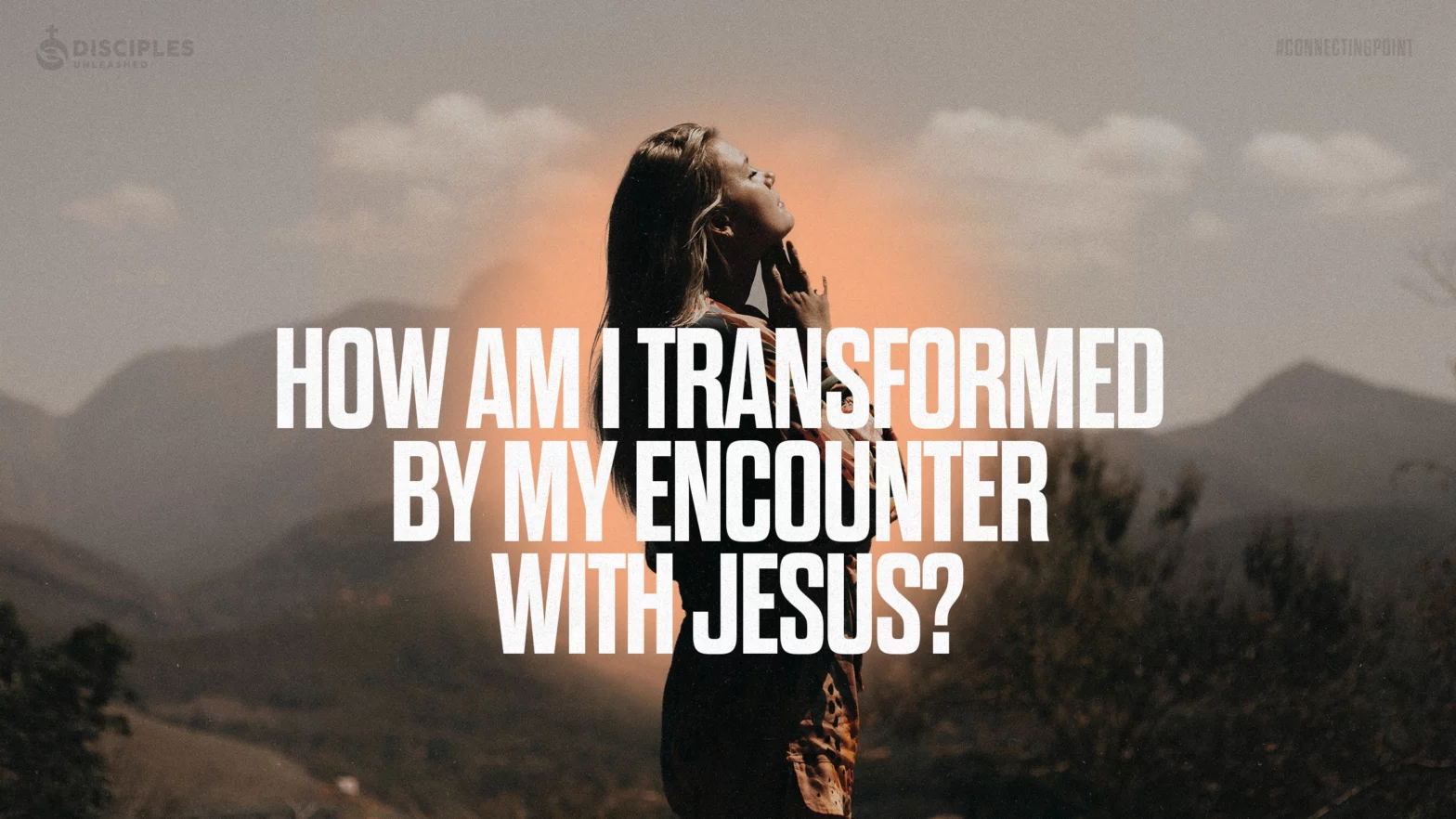One of my seminary professors began her lecture with this statement and its two questions: “You are Eucharist: Who eats you and whom do you eat?” The purpose of her questions was for us to expand our notions of Eucharist. She wanted to impress upon us that Jesus is real, alive, and active in our lives. The Eucharist is not merely something to look at, or even taste. Rather, the Eucharistic presence of Jesus involves all of our senses and all of our beings.
When we encounter the sacramental presence of Jesus, we are transformed. Perhaps not immediately, but at some point in our lives, Jesus touches us and we are changed. St. John Chrysostom had a saying, which went something like this: “If you cannot see the real presence of Jesus in the person on the street, how can you see the real presence in the chalice?”
The challenge for us is to see Jesus all around us and to allow him to transform us into the person he wants us to be. The Eucharist we consume at Mass should reshape us into the person who is like Christ. In other words, we become Eucharist for others-in that we should become the embodiment of Jesus, so when we interact with others, whether in our speech or in our actions, other people encounter Christ himself.
When I eat the Eucharist, what happens to me? Do I allow the sacramental encounter of Jesus to make me a better person? Am I challenged to see Christ in others because I have consumed him in the Eucharist?
As you celebrate the Eucharist and participate in Mass, what happens to you? Do you find yourself taking a different outlook on life? Do you see people in a new light? Does the Mass really make a difference? If the answer to any of these questions is “no,” you may need to reevaluate what you expect to get out of Mass. If the answer to these questions is “yes,” how are you living out your encounter with Christ on a daily basis?
St. John Chrysostom challenges us to make the Eucharist a living, active part of our lives, and not simply something we consume once a week. The Eucharist that we receive at weekend Mass should be carried with us throughout the entire week-in both our thoughts and actions. In our encounters with others, the Eucharist should be an ever-present reminder to see Christ in oneself and in others, in order that the world may be transformed.
Msgr. John Kasza


